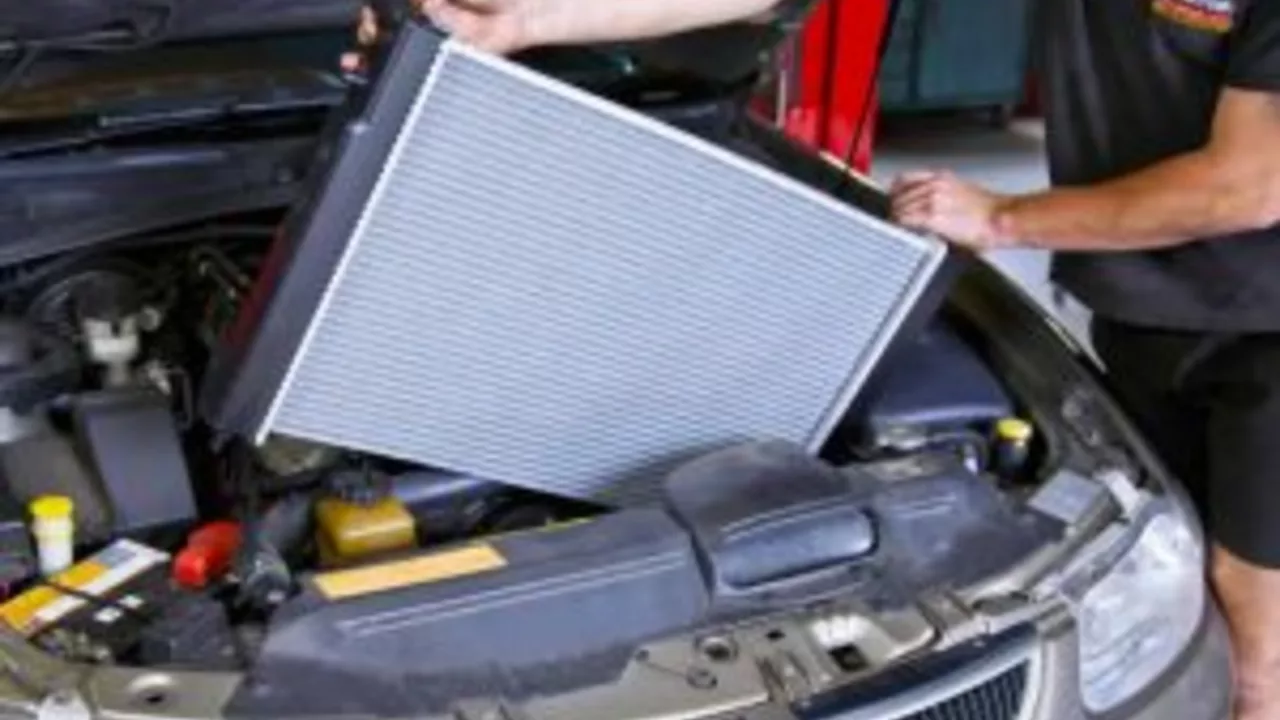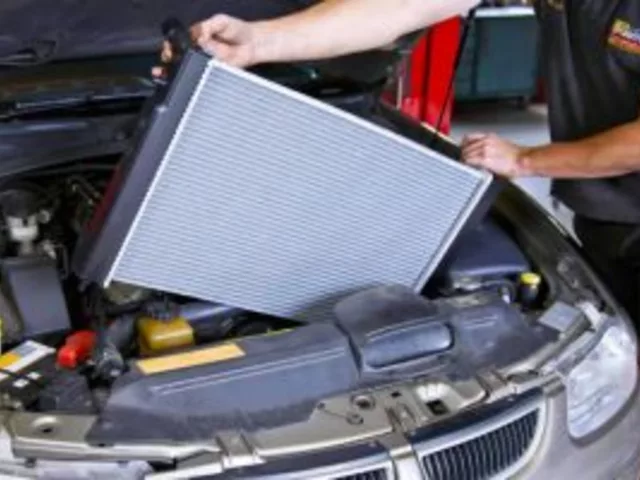Cleaning Consequences: What Happens When You Keep Your Car Spotless
Ever wonder if a quick wash really matters for a sports car? The answer is yes. A clean surface reduces drag, helps sensors read accurately, and can even prevent rust that slows you down on the track. When you scrub away grime, you’re not just polishing a shine—you’re preserving the parts that keep the engine humming and the tires gripping. Below we break down the real effects of cleaning on a high‑performance vehicle.
Why a Clean Car Runs Better
First, think about aerodynamics. Dirt and dust act like tiny spoilers, messing with the airflow over the car’s body. Even a thin layer of grime can raise drag by a few percent, which translates to slower lap times and higher fuel use. Second, modern cars are packed with cameras, lidar, and temperature sensors. Those gadgets need a clear view; a speck of mud can trick a sensor into thinking the road is slick, ending up with unnecessary ABS or traction‑control braking. Finally, grime holds moisture against metal. Over time that moisture causes rust, especially on the under‑carriage, brake lines, and suspension parts. Rust weakens components and forces you to replace expensive parts sooner.
Avoiding Common Cleaning Mistakes
Not all cleaning is good cleaning. Using cheap household detergents on paint can strip the clear coat, leaving the surface vulnerable to UV damage. Strong chemicals may also eat away at rubber seals, causing leaks in the cooling system or brake lines. Water intrusion is another risk—high‑pressure hoses can force water into engine bays, electrical connectors, or the differential if the seals aren’t sealed properly. To stay safe, stick to pH‑balanced car shampoos, a soft microfiber mitt, and low‑pressure rinses. Cover exposed ports and keep the battery terminals dry.
Regular maintenance cleaning is easier than a big overhaul later. A quick wipe‑down of the wheels after each track day removes brake dust that can corrode the spokes. Cleaning the interior isn’t just for looks; dust on the pedal area can reduce grip, and a dusty dashboard can fool the car’s ambient‑light sensor, affecting head‑lamp brightness at night. Use a light vacuum and a damp cloth to keep the cabin dry and free of debris that might affect your focus.
Bottom line: a spotless car is more than a bragging right. It improves aerodynamics, protects sensors, and stops rust before it starts. By choosing the right products and techniques, you keep the car’s performance high and the repair bills low. So the next time you’re tempted to skip the wash, remember the hidden costs of a dirty ride—and give your machine the care it deserves.

What are the consequences of not cleaning a car's radiator?
Neglecting to clean your car's radiator can lead to a slew of problems. Dirt and debris build-up can cause the radiator to overheat, leading to engine damage. It can also lead to decreased fuel efficiency as your car has to work harder to stay cool. Further, it can result in costly repairs down the line. So, routinely cleaning your car's radiator is a small task with big benefits for your vehicle's performance and your wallet.
Categories
- Art & Culture News (5)
- Sports News & Analysis (4)
- Financial Markets & IPOs (3)
- Automotive Industry News and Analysis (2)
- Automotive Maintenance & Repair (1)
- Automotive News & Reviews (1)
- Film and Television Trivia (1)
- Sports (1)
- Science (1)
- Technology (1)
Popular Articles


